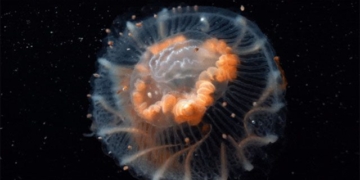Girls who absorb calcium from food have larger bone mass compared to those who take calcium supplements. However, if the body has already received sufficient calcium, all forms of supplementation are ineffective, according to a group of Finnish researchers led by Professor Sulin Cheng from the University of Jyväskylä, Finland.
The team studied and sought ways to maximize peak bone mass in children during puberty (a period that accounts for up to 60% of bone mass accumulation for adulthood) to prevent osteoporosis later in life.
Over two years, the group monitored 195 healthy girls aged 10-12, who had calcium intake below the recommended levels set by the National Nutrition Council of the United States (under 900 mg/day). The girls were divided into four groups: one group took 1,000 mg of calcium supplements, the second group consumed 1,000 mg of calcium along with 200 IU of vitamin D, the third group ate low-fat cheese (containing 1,000 mg of calcium), and the fourth group received a placebo.
After assessing the impact of these calcium supplementation forms on bone mass and body composition, and analyzing the statistical data, the team found that the group consuming cheese showed more positive bone mass results compared to the other groups.
However, the study’s results also indicated that if the body has enough calcium, all forms of supplementation are ineffective. In this research, most children had adequate calcium intake from their meals. Only 1% of the more than 1,000 girls monitored consumed less than 400 mg of calcium daily. The research team believes that they have highlighted an important issue for the medical community: there is no need for calcium supplementation for children who are developing normally.
N.T.ĐA (According to Reuters)


















































